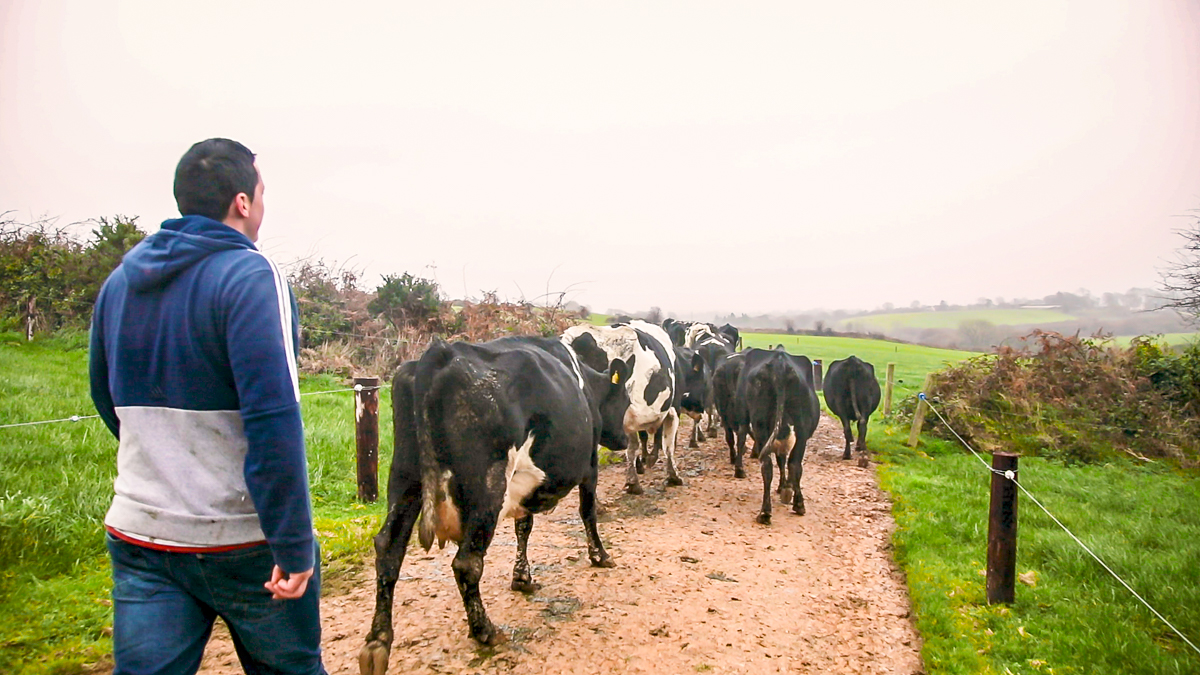With the next Common Agricultural Policy (CAP) expected to start in 2023, the Department of Agriculture, Food and the Marine (DAFM) has released details about how the next Knowledge Transfer Programme will be implemented in Ireland .
The department has launched a public consultation on proposed interventions that were outlined in Ireland’s CAP Strategic Plan (CSP) 2023-2027.
What is the Knowledge Transfer Programme?
The aim of the Knowledge Transfer Programme is to provide farmers with a platform to share knowledge and to engage in learning.
The SWOT Analysis and Needs Assessment identify a range of areas in which knowledge transfer can play a “central role in underpinning a more competitive, resilient, modern and sustainable agricultural sector”.
DAFM said that “this intervention aims to build on the 2014-2020 RDP Knowledge Transfer Progamme by providing support for high quality and targeted advice to farmers, delivered by professional agricultural advisors with the appropriate experience and expertise”.
Increasing farmers’ understanding of topics such as biodiversty, water, climate change, animal welfare and farm management including financial management and succession planning will “ensure that the Irish agricultural sector remains resilient,” according to DAFM.
This intervention is also one of the elements underpinning the further development of the national AKIS.
Proposed structure
The intervention will be based on support for the implementation of Knowledge Transfer Groups, which will facilitate the delivery of targeted knowledge and skills to farmers.
DAFM has proposed that groups will be set up across the whole farming sector and that group members will not be limited by reference to the type of farm enterprise they are engaged in and that groups will be formed in accordance with local needs.
A central element of the intervention design is based on ensuring that the programme is structured in a way that ensures that the content of Knowledge Transfer Groups is “clearly targeted at key challenges and issues identified in the sector, while also maintaining a degree of flexibility for Knowledge Transfer Groups to tailor the content to their own experience, circumstances and requirements”.
In each year of the intervention, each Knowledge Transfer Group will be required to deliver four meetings from a list of ‘Priority KT Topics’ and four meetings on topics decided by the group itself.
The list of ‘Priority KT Topics’ will be refreshed at the start of each year of the programme, and will be reflective of the issues identified in the SWOT Analysis and Needs Assessment as well as emerging policy priorities in the sector.
At least one of the meetings delivered on the ‘Priority KT Topics’ must incroporate delivery from an appropriate external expert.
At the beginning, middle and end of the four-year intervention, each Knowledge Transfer Facilitator will hold a one to one meeting with each farmer in his/her group in order to set out their goals for the programme and report on progress in relation to same.
Proposed eligibility conditions
In order to be eligible to deliver Knowledge Transfer Groups, Knowledge Transfer Facilitators will be required to hold a minimum educational qualification to Level 8 of the National Framework of Qualifications or another specified qualification deemed eligible by DAFM.
Knowledge Transfer Facilitators must also be FAS approved.
Knowledge Transfer Facilitators will receive a payment per each farmer in the group who completes each year of the intervention.
Farmers participating in the groups will receive a payment upon completion of each year of the intervention.
